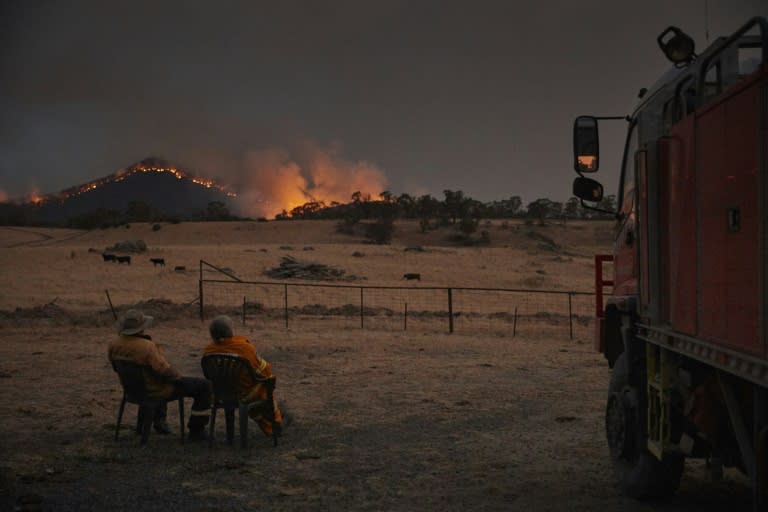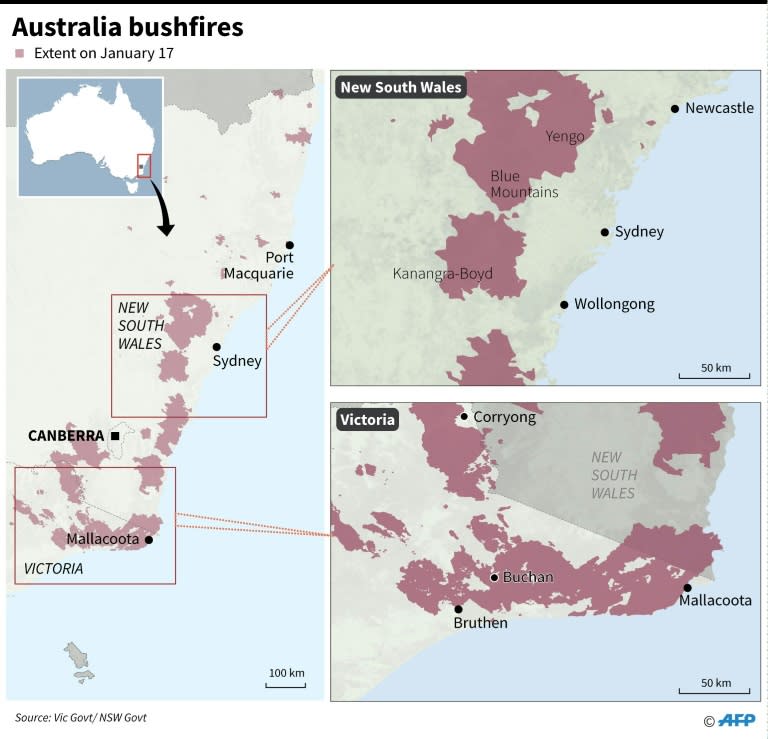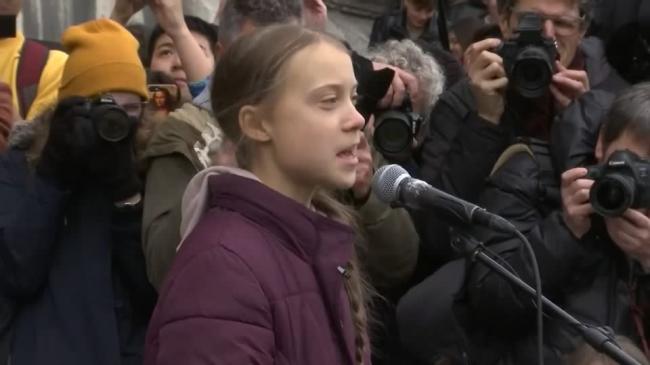By Marton Dunai, Reuters•January 17, 2020
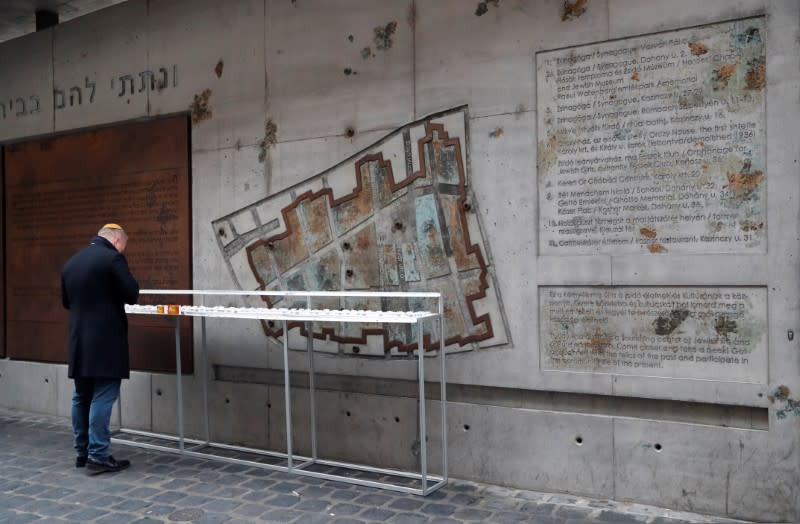
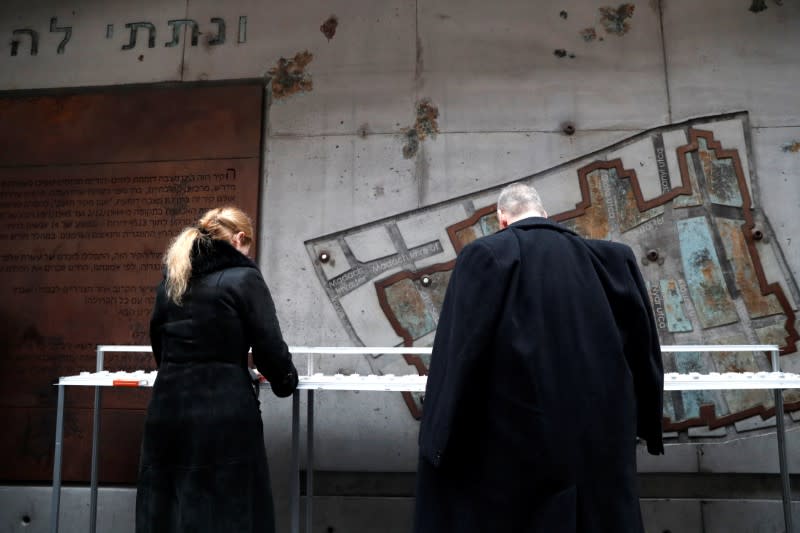
Pain still acute as Hungary's Jews mark liberation of Budapest ghetto
Man stands front of the Memorial Ghetto Wall during the commemoration of the liberation of the Budapest ghetto by the Red Army, 75 years ago in Budapest
By Marton Dunai
BUDAPEST (Reuters) - Hungarian Jews on Friday marked the 75th anniversary of the liberation of the Budapest ghetto and the end of the Holocaust, which killed more than 500,000 Jews and destroyed a once-vibrant Jewish culture across Hungary.
"I lost 49 family members," survivor Eva Fahidi told a small crowd at the Holocaust Memorial Wall, part of the wall that once surrounded the ghetto in central Budapest. "I was 19 years old and suddenly so hated anything could be done to me."
"Hate is the most horrific sentiment," she warned. "Hate yields more hate, a cycle that never ends."
Budapest today boasts a large and vibrant Jewish community, but anti-Semitism remains a persistent problem. Nearly 20% of people dislike Jews, according to a 2018 CNN poll, the highest proportion among seven European countries polled.
In 1944, about 100,000 Jews remained in Budapest. When the fascist Arrow Cross party seized power that fall, about 70,000 were gathered in a small area comprising 162 apartment buildings, surrounded by wooden planks.
Starvation, freezing temperatures and ongoing violence killed thousands within weeks. Arrow Cross gunmen often herded groups of Jews to the banks of the Danube and shot them into the icy river.
The guards fled only when the Soviet Red Army laid siege to Budapest. The wooden perimeter planks were burned immediately in the harsh winter.
Hungary has grappled with that past. Leaders, including Prime Minister Viktor Orban, first deflected part of the blame to a German occupation, but eventually acknowledged Hungary's role in the genocide.
The reckoning continues. Zoltan Pokorni, a prominent member of the ruling Fidesz party, teared up as he recalled last week that his own grandfather took part in the killings.
"(Citing) the German occupation is no excuse but at most an attempt to whitewash the past," he said at a recent event marking the murder of Jews at another Budapest location. "The victims were Hungarians, as were most of the killers."
"We must see the victims as more than Jews, complete in their existence. Likewise we must see the killers as more than that: we must see how they became killers. I am here to tell you, this pain makes us one and the same.
(Reporting by Marton Dunai, editing by Larry King)
---30---





